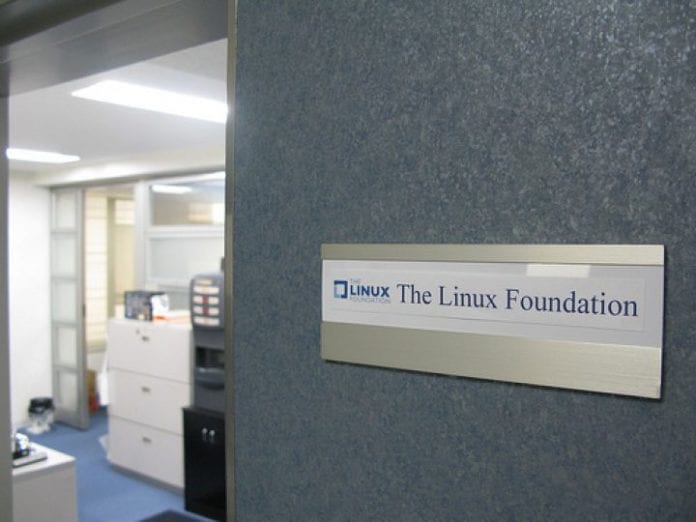The Linux Foundation announces Tungsten Fabric
Juniper Networks’ open-source network virtualization platform OpenContrail has finished migrating to the Linux Foundation and rebranded itself as Tungsten Fabric.
Juniper originally open sourced OpenContrail in 2013 and announced it was moving to the Linux Foundation last December. The company said the platform includes all the components needed to run a data center, including a software-defined networking (SDN) controller, virtual router, orchestration API, analytics and a management console.
Similar to OpenContrail, Tungsten Fabric provides a single point of control, observability and analytics for networking and security. It is integrated with cloud technology stacks, such as Kubernetes, Mesos, VMware and OpenStack, and supports public, private cloud, hybrid cloud deployments like AWS and GCE. It also includes a vRouter that connects container, virtual machine (VM) and bare-metal applications, along with a controller, which orchestrates network overlays, switch fabrics and router gateways.
The purpose of Tungsten Fabric is to build a secure and cloud-grade SDN stack, which provides a network fabric that can connect different environments. Among its contributors and community members include Aricent, AT&T, Bell, Cavium, CertusNet, CloudOps, CodiLime, Intel, Juniper Networks, Lenovo, Mellanox, Mirantis, Netronome, Orange, SDN Essentials, TechTrueUp and Yandex.
“This move to the LF is a critical step in Tungsten Fabric’s evolution as a ubiquitous network fabric,” said Randy Bias, VP of technology and strategy Juniper, in a statement. “Tungsten Fabric’s positioning as an open source, multi-cloud, multi-stack, network fabric that has been proven at scale gives it a unique opportunity to bridge the gap between public, private, VMs, containers and bare metal. Tungsten Fabric provides choice and is committed to helping customers achieve their network and security nirvana while eliminating vendor lock-in.”
Bias also noted in a blog post that Tungsten Fabric is working to become a part of the LF Networking Fund (LFN), which was introduced in January as a way to house the Linux Foundation’s many open source projects under a single roof. Among the founding projects of the LFN include FD.io, OpenDaylight, ONAP, OPNFV, PNDA and SNAS. “By collaborating with the other LFN projects—ONAP, OPNFV, OpenDaylight, FD.io, DPDK, SNAS and PNDA—our community can more quickly respond to emerging use cases and resolve cross-project technical issues,” Bias wrote.
The new project follows the Linux Foundation announcing another project in February, called Akraino, to develop an open source software stack capable of supporting high-availability cloud services for edge computing systems and applications. To kickstart the initiative, AT&T said it would contribute code to the project made for carrier-scale edge computing applications running in VMs and containers. AT&T, which has long supported Juniper’s OpenContrail, plans to work with Tungsten Fabric as well.
“We look forward to continued collaboration on the Tungsten Fabric platform as it completes the move to join The Linux Foundation,” said Chris Rice, senior vice president, Domain 2.0 architecture and design, AT&T. “We expect this move to foster greater innovation, and we support Tungsten Fabric’s commitment to open networking.”

